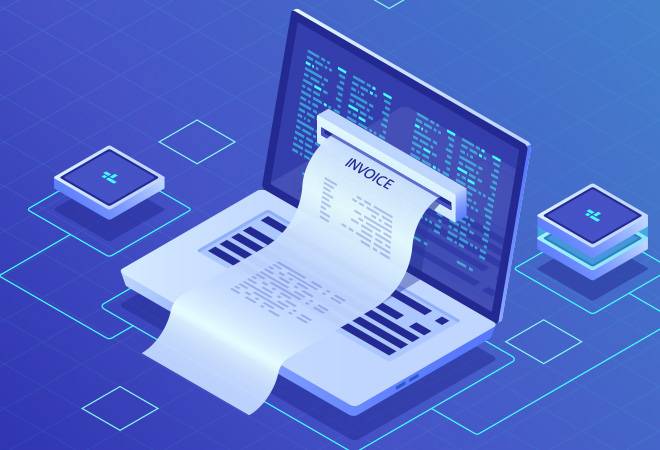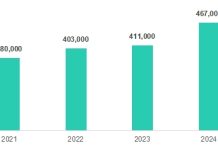
Financial management software developer Autocount Dotcom Bhd’s wholly-owned subsidiary Auto Count Sdn Bhd has signed a memorandum of understanding with YYC Group to accelerate the adoption of digital solutions among SMEs while also supporting their compliance with the government’s upcoming e-invoicing mandate.
The partnership is meant to bring together Autocount’s innovative and comprehensive business software solutions with YYC’s extensive expertise in accounting and advisory services.
“Together, they aim to equip SMEs with a robust suite of tools to streamline financial processes, enhance operational efficiency and align with the government’s push toward a digital-first economy,” the company stated.
From the collaboration, Autocount and YYC Group would focus on digitalising traditional accounting and bookkeeping operations, providing businesses with hands-on software solutions designed to enhance efficiency and accuracy.
“Additionally, the partnership will equip YYC with technical expertise, including application programming interface (API) integration and advanced support to accelerate audit processes through cutting-edge audit software solutions,” it explained, which will provide SMEs with tools to make it easier to embrace digital transformation without the burden of high upfront costs.
Additionally, as of 19 November, a total of 7,900 companies have used the e-invoicing system and 87 million e-invoices have been issued, as revealed by Deputy Finance Minister Lim Hui Ying.
She explained that the issuance of e-invoicing involves tax-paying companies in the first phase and voluntary participation by companies categorised in phase two and phase three, with a study carried out by the ministry showing that the costs incurred for the use of the e-invoice system are between RM3,000 and RM30,000.
“(It is different) for companies categorised in phase one and phase two, where the cost involved is higher due to the size and complexity (of the company),” she pointed out.
Furthermore, Lim said the government gave a transition period of six months to give flexibility to companies to issue consolidated e-invoices, as well as e-invoices that combine all transactions every month, where penalties will not be imposed on companies that issue at least a consolidated e-invoice.
However, it has been estimated that over 90% of entrepreneurs, especially those with an annual income of RM25 million or less, have yet to adopt the e-invoicing system introduced on 1 August.
According to Malaysian Institute of Tax Accountants member Mohd Rozlan Mohamed Ali, data shows that most micro SMEs (MSMEs) are unprepared for the mandatory implementation on 1 July 2025.
He explained that the e-invoice system is designed to enhance the efficiency of business document management.
“The e-invoice platform ensures that all business transactions are properly recorded, minimising errors and ensuring compliance with tax regulations,” he said, emphasising that the main challenge lies in creating awareness among entrepreneurs about the importance of early preparation for the system, as many remain unclear about its requirements.
“Many MSMEs are sill confused about the necessary documents, how to obtain a customer tax member and the system they need to use,” he shared.
To address this, he urged entrepreneurs to take advantage of initiatives offered by the Ministry of Entrepreneur and Cooperatives Development (KUSKOP), such as free training sessions in collaboration with the National Entrepreneurship Institute (INSKEN) and other agencies, so as not to be left behind.
Mohd Rozlan also advised entrepreneurs to avoid last-minute implementation, warning that delays could disrupt business operations.














